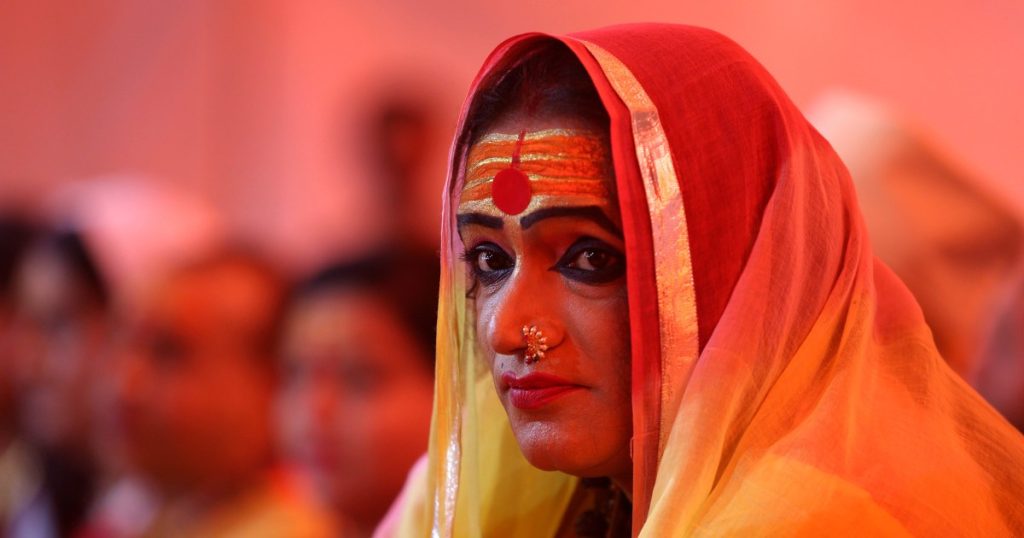The Vatican has released a document rejecting the concept of changing one’s biological sex, a disappointing development for transgender individuals hoping for a more inclusive approach from the Catholic Church. Despite this setback, various major religions worldwide have diverse stances on gender identity and the acceptance of transgender individuals. For example, while the Catholic Church and some other denominations disapprove of gender transition, several mainline Protestant denominations welcome transgender people as members and clergy.
In Islam, opinions on gender conversion vary across different regions. In places like Egypt, sex conversion is rejected because it is seen as a change in God’s creation. However, in Iran, a fatwa issued by Ayatollah Khomeini decades ago has paved the way for official support for gender transition surgery. Hinduism has a long history of recognizing third gender individuals, with many being revered in society. The concept of three genders – masculine, feminine, and gender-neutral – is present in Hindu scriptures, although many third gender individuals struggle with poverty and marginalization.
Buddhism, particularly the Theravada tradition, traditionally adheres to binary gender roles with strict rules in monastic traditions. While some factions have eased restrictions, others have become more inclusive, ordaining transgender monks. In Judaism, Reform Judaism is accepting of transgender individuals and allows for the ordination of trans rabbis. Orthodox Judaism, on the other hand, presents challenges for transgender individuals due to its emphasis on binary gender and strict gender separation. Rabbi Avi Shafran, a spokesperson for Agudath Israel of America, emphasized the importance of adhering to specific gender roles based on Jewish religious law.
Overall, the approach towards transgender individuals in different religions varies widely. While some denominations and institutions are inclusive and welcoming, others maintain traditional beliefs that may present challenges for transgender individuals seeking acceptance within their religious communities. It is clear that there is a need for ongoing dialogue and reflection within religious communities to ensure that all individuals, regardless of gender identity, are treated with empathy, compassion, and respect.


